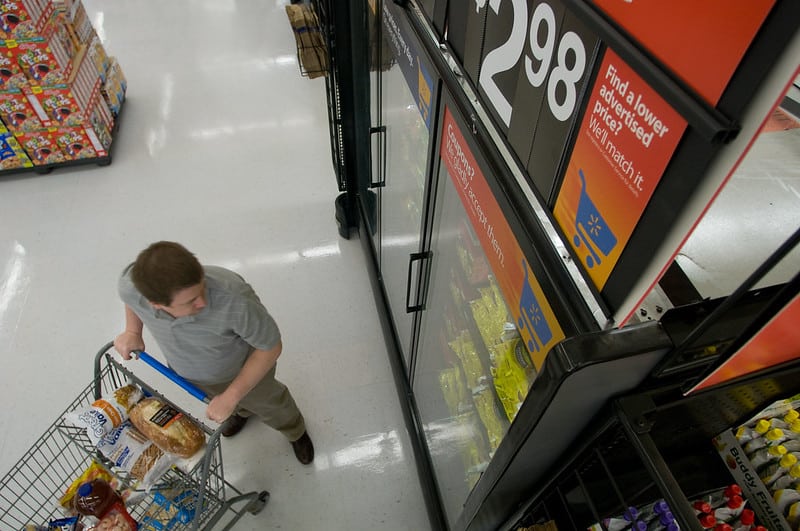
Gone are the days when everyone had access to all of the same coupons – the hundreds of billions of offers that showed up each year in Sunday newspapers, in mailboxes or on front porches. Part of the reason there are far fewer offers equally available to everyone these days, is that marketers are increasingly turning to customized coupons and personalized prices, made easier by the inexorable shift from paper to digital coupons, together with our unique digital fingerprints that reveal our individual shopping habits.
That’s supposed to be a good thing, we’re told – why waste time browsing offers you have no interest in, when you can instead get targeted deals on products you actually buy? To many shoppers, that makes it well worth whatever personal information you have to give up to get more relevant coupons and offers.
The potential problem comes when your personal data is used not to help you save – but to charge you more. And that’s what federal regulators are now investigating, to find out whether your personal information is being used against you.
The Federal Trade Commission has issued orders to eight companies, seeking information about what it calls “surveillance pricing” – when personalized pricing crosses the line to become something more sinister. Each of the eight financial and technology companies, the FTC says, offer products and services to retailers that use personal data “to set individualized prices for the same goods or services” – and not necessarily lower individualized prices.
“Firms could be exploiting this vast trove of personal information to charge people higher prices,” FTC Chair Lina Khan said in a statement. The availability of data like your shopping habits, your location or your web browsing history means “consumers may now be subjected to surveillance pricing when they shop for anything,” the FTC explained further, such as “a house, a car, even their weekly groceries.”
The FTC orders amount to a fact-finding mission, as the agency looks to obtain information about where these companies are getting their data, how that information is being used to set prices, and the impact these practices could have on privacy, fairness, competition and consumer protection.
“Technology has boosted sellers’ ability to gather consumer data en masse,” the FTC explained. “Advancements in machine learning make it cheaper for these systems to collect and process large volumes of personal data, which can open the door for price changes” – some in your favor, perhaps, and others not.
Ever since loyalty cards became prevalent decades ago, retailers have been able to collect information about what you like to buy. And brands could target offers to you in the form of, say, printed Catalina checkout coupons triggered by your specific purchases. Later advancements linked digital coupons to loyalty accounts, allowing specific coupons to be made available only to specific shoppers.
Then came programs like Albertsons’ “For U,” where savings come in the form of personalized low prices, just “for you.” No need to redeem a coupon, you just pay a lower price than the person in front of or behind you in the checkout line, for a product that the store wants to entice you to buy.
Surveillance pricing can flip that system on its head – instead of offering you a lower price, you could be charged a higher price if your data suggest you have the means or the willingness to pay more than someone else for the very same product. It’s why something relatively innocuous like Walmart’s new digital price tags are making some shoppers suspicious. It’s a time- and money-saver for Walmart, not having to print and keep up with paper tags all over the store. But what if technology advances to the point that digital shelf tags can identify the phone in your pocket as you walk down the aisle, determine the price you’re likely willing to pay, and they show you that price while someone else who walks by later ends up paying less?
It may seem somewhat far-fetched, but it’s far from impossible. “The use of surveillance technology and private data to determine prices is a new frontier,” the FTC said, explaining that its effort right now is simply aimed at “bringing more information about this practice to light.”
What it ultimately does with that information remains to be seen. Personalized pricing can certainly save you money, but surveillance pricing could have you longing for the days of cutting out stacks of paper coupons. At least then you know you’re paying less, and not more. Technology can certainly make life better – but “better for whom?” could turn out to be the real question.
Image source: Walmart













